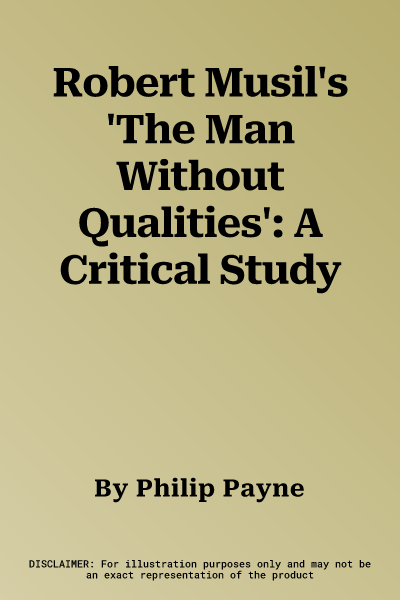Philip Payne
(Author)Robert Musil's 'The Man Without Qualities': A Critical StudyHardcover, 26 August 1988

Temporarily out of stock
Free Delivery
Cash on Delivery
15 Days
Free Returns
Secure Checkout

Part of Series
Cambridge Studies in German
Part of Series
Cambridge Opera Handbooks
Print Length
272 pages
Language
English
Publisher
Cambridge University Press
Date Published
26 Aug 1988
ISBN-10
0521340322
ISBN-13
9780521340328
Description
Product Details
Author:
Book Format:
Hardcover
Date Published:
26 August 1988
ISBN-10:
0521340322
ISBN-13:
9780521340328
Language:
English
Location:
Cambridge
Pages:
272
Publisher: